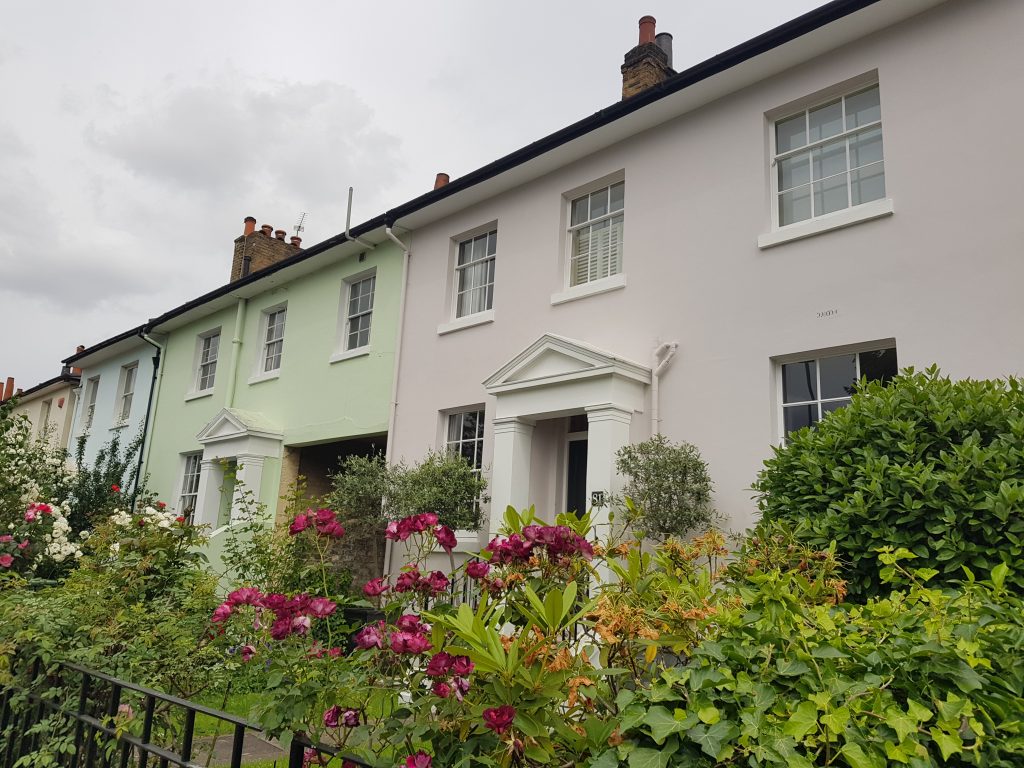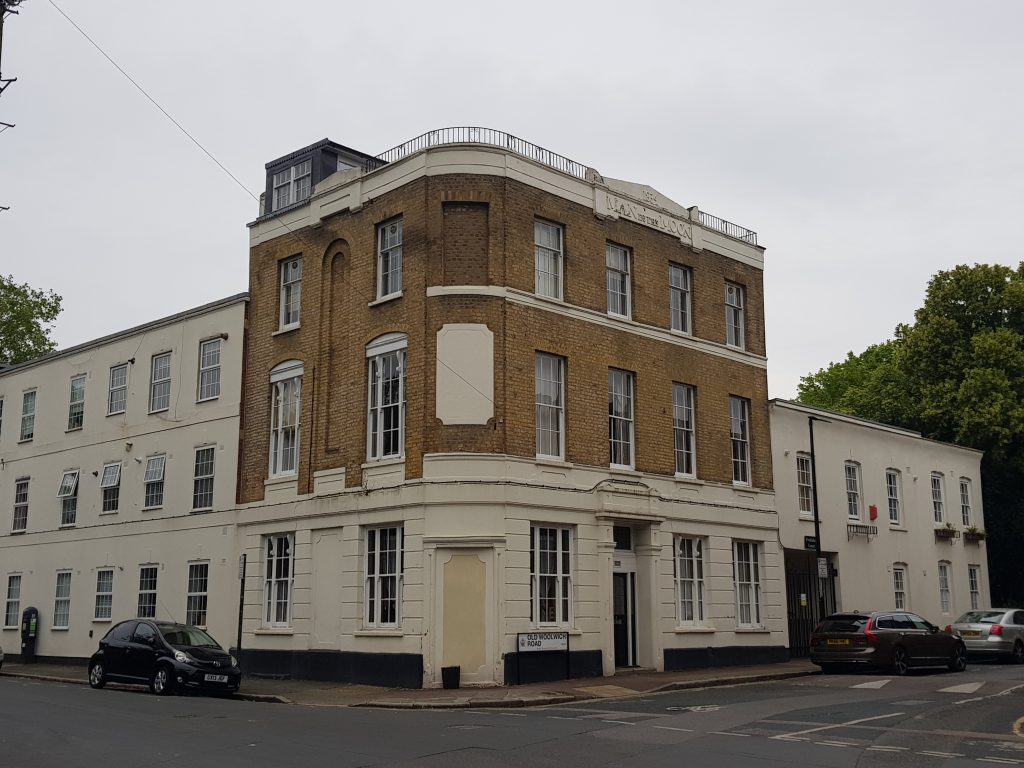Can I Invest My Pension in Property To Build Wealth?
Investing in property has long been a popular strategy for building long-term or generational wealth. With the potential for capital appreciation and rental income, many people consider it a strong model for increasing their retirement funds.
But can you invest your pension in UK property? The answer is yes, but with several caveats. Here we’ll delve into the pros and cons of using your pension to invest in property, as well as the restrictions and considerations you need to keep in mind.

The Different Types of Pension That I Can Invest in Property
To invest your pension in property, you generally need to use a Self-Invested Personal Pension (SIPP) or a Small Self-Administered Scheme (SSAS). These are types of pensions that allow for a broader range of investments compared to traditional pension schemes.
If you already hold a pension/s within other schemes, you may be able to move your existing pension across to a SIPP or SASS, enabling you to utilise the funds for property investment.

Pros of Investing Your Pension in UK Property
Potential for Strong Returns: Property values in the UK have historically increased over time, offering the potential for capital gains and increasing the overall pension value.
Tangible Asset: Your pension investment is secured against a tangible and relatively secure asset class (a property).
Rental Income: Owning rental property can provide a steady stream of income, which can be particularly beneficial during retirement.
Diversification: Adding property to your pension portfolio can diversify your investments, potentially reducing risk.
Control: Investing through a SIPP or SSAS gives you more control over your investment choices compared to traditional pension funds where others are making those investment choices on your behalf.
Tax Benefits: There are tax advantages to holding property within a pension, such as tax-free growth of the investment and potentially avoiding Capital Gains Tax on the sale of the property.
Are There Any Cons To Using a Pension To Invest In Property?
Liquidity: Property is not a liquid asset. If for any reason funds needed to be accessed earlier than planned, selling property can take time. This may be problematic if quick access to the funds was required.
Market Volatility: The property market can be unpredictable. Although historically UK house prices have increased over time, economic downturns can lead to decreases in property values and rental income.
Management and Maintenance: Owning property comes with responsibilities such as maintenance, tenant management and dealing with regulatory changes. One way to mitigate these responsibilities is to work with a joint venture partner.
Upfront and Operational Costs: There are significant costs associated with buying and managing property, including legal fees, stamp duty, maintenance costs and property management fees.
Restrictions on Residential Property: SIPPs and SSASs typically cannot directly invest in residential property without incurring tax charges.
Fees: There can be a cost involved in the set up of a SASS or SIPP pension scheme as well as annual administration fees and these will depend on the pension provider being used. These costs should be factored in when considering the pension’s overall returns.
Lending Options: Not all mortgage lenders are happy to lend through a pension. It is therefore important to work with an experienced broker who can advise on the best lending options available.

Restrictions And Considerations For Pension Investments In Property
Commercial Property Only: Generally SIPPs and SSASs can only invest in commercial property, such as offices, shops or industrial units. Residential property investment is more heavily restricted through SIPP or SASS pensions. Depending on your scheme provider rules, you may be able to loan part of your pension to a third-party property investment company who is investing in/developing residential property. The key thing is that a SASS or SIPP pension cannot own a residential property.
Loan-to-Value Ratio: If you need to borrow money to purchase a property, there are restrictions on the loan-to-value (LTV) ratio. Typically pensions can only borrow up to 50% of the pension fund’s value.
Pension Scheme Rules: Each SIPP and SSAS provider has its own rules and fees, so it’s crucial to understand these before proceeding. Ensure the provider you plan to work with will enable you to use your pension in the way you want.
HMRC Regulations: Investments must comply with HMRC regulations. Non-compliance can lead to financial penalties.
Diversification: It’s generally advisable to diversify your pension fund investments. It may be worth considering investing your pension in other investments, alongside property, to help mitigate risks.
Steps to Invest Your Pension in Property
Set Up a SIPP or SSAS: If you don’t already have one, you’ll need to set up a SIPP or SSAS. This typically involves selecting a provider and transferring your existing pension funds into the new scheme. Speak to financial advisors and pension providers to determine which pension type and provider will be best for you and your investment plans.
Choose Your Property: Decide on the type of commercial property you want to invest in and conduct thorough due diligence. Alternatively you can consider investing in property in a more hands-free way by working with a company who invest in property and will take on the operational responsibilities of property investment on your behalf.
Arrange Financing: If necessary, arrange financing keeping in mind the borrowing restrictions.
Purchase the Property: Work with your SIPP or SSAS provider to complete the purchase, ensuring all regulatory requirements are met.
Manage the Investment: Once the property is purchased, manage it effectively to maximise returns, which includes handling maintenance and tenants. Or as mentioned above, work with a property investment company to provide a hands-free investment option.
Investing your pension in UK property can be an efficient way to help grow that pension pot for retirement but it’s not without its complexities. It requires careful consideration, planning and adherence to strict regulatory requirements which your chosen scheme provider assists with. If you’re considering this investment strategy, it’s advisable to speak with financial advisors who specialise in pension investments and property to ensure you’re making informed decisions that align with your retirement goals. By weighing the pros and cons and understanding the restrictions, you can make a strategic choice about whether property investment is right for your pension fund.
At Amplus Properties Limited we provide client focused and inspiring housing within the supported housing and Co-Living sector to help address the shortage of suitable accommodation that’s available.
We work with busy professionals and business owners who would like to achieve hands-free returns on their capital. We typically work with investors who share our aim of wanting to make quality housing available to all and who would like to share in the profits we create through design-led property investments.
By investing in property opportunities in the South East of London and Kent areas, we help our investors to grow their capital and achieve their own financial goals quicker.
Please get in touch – we’d love to hear from you.
